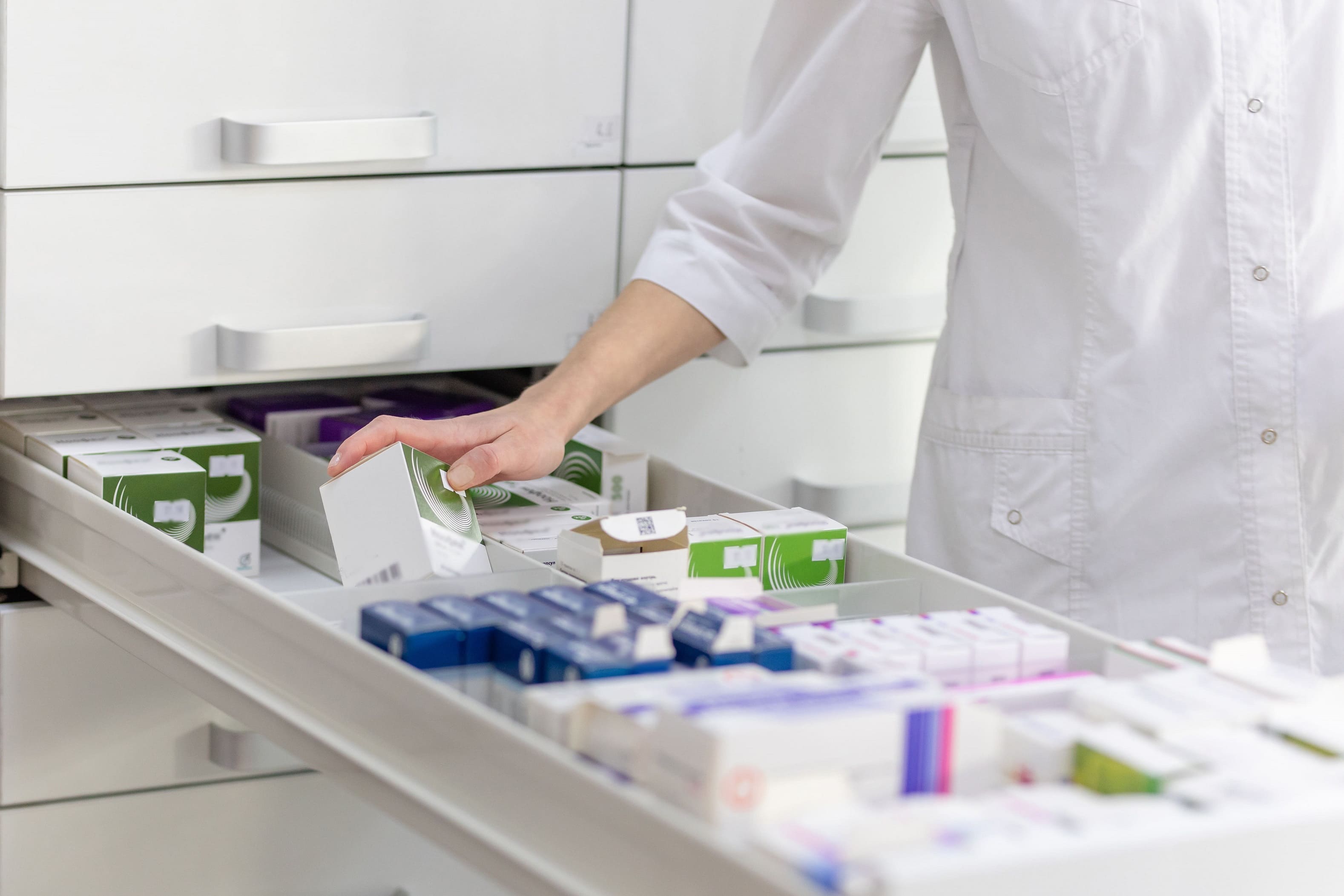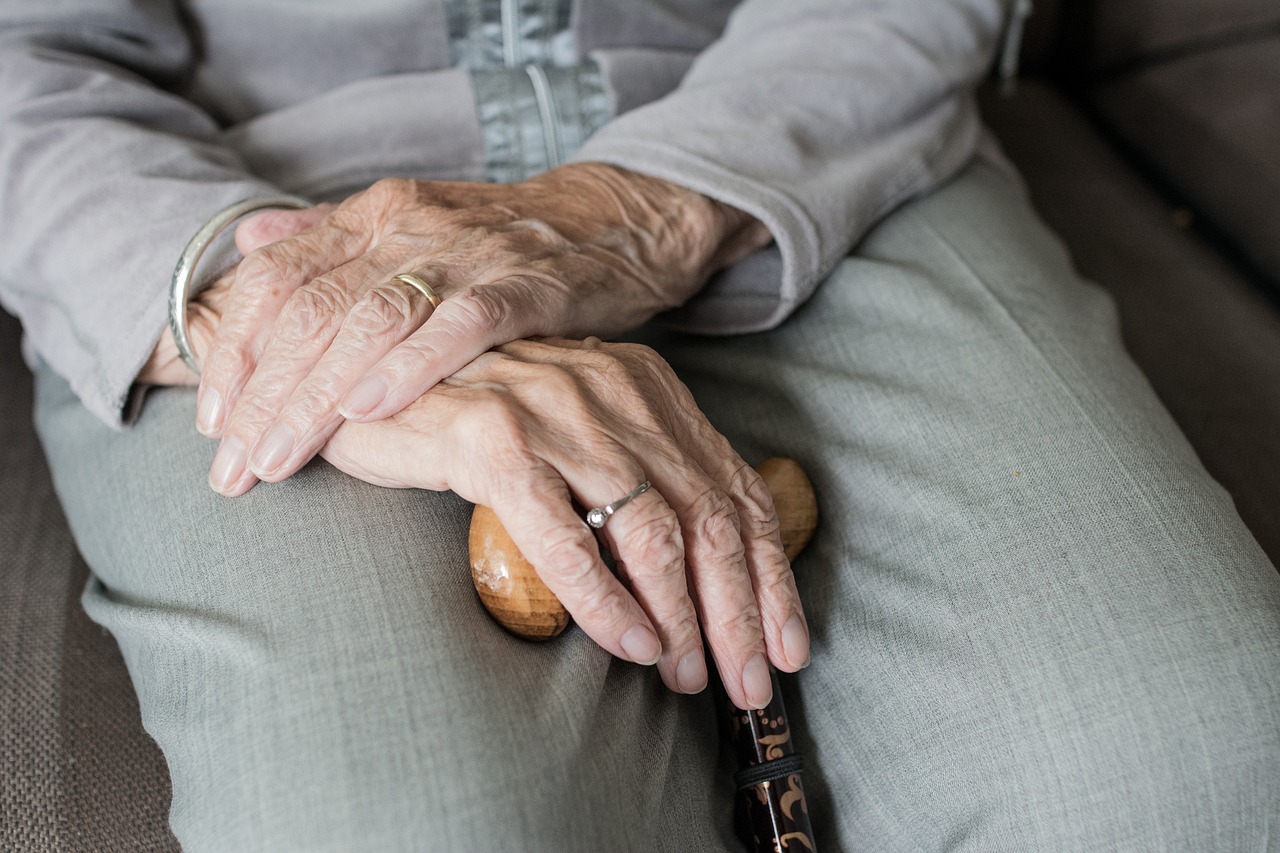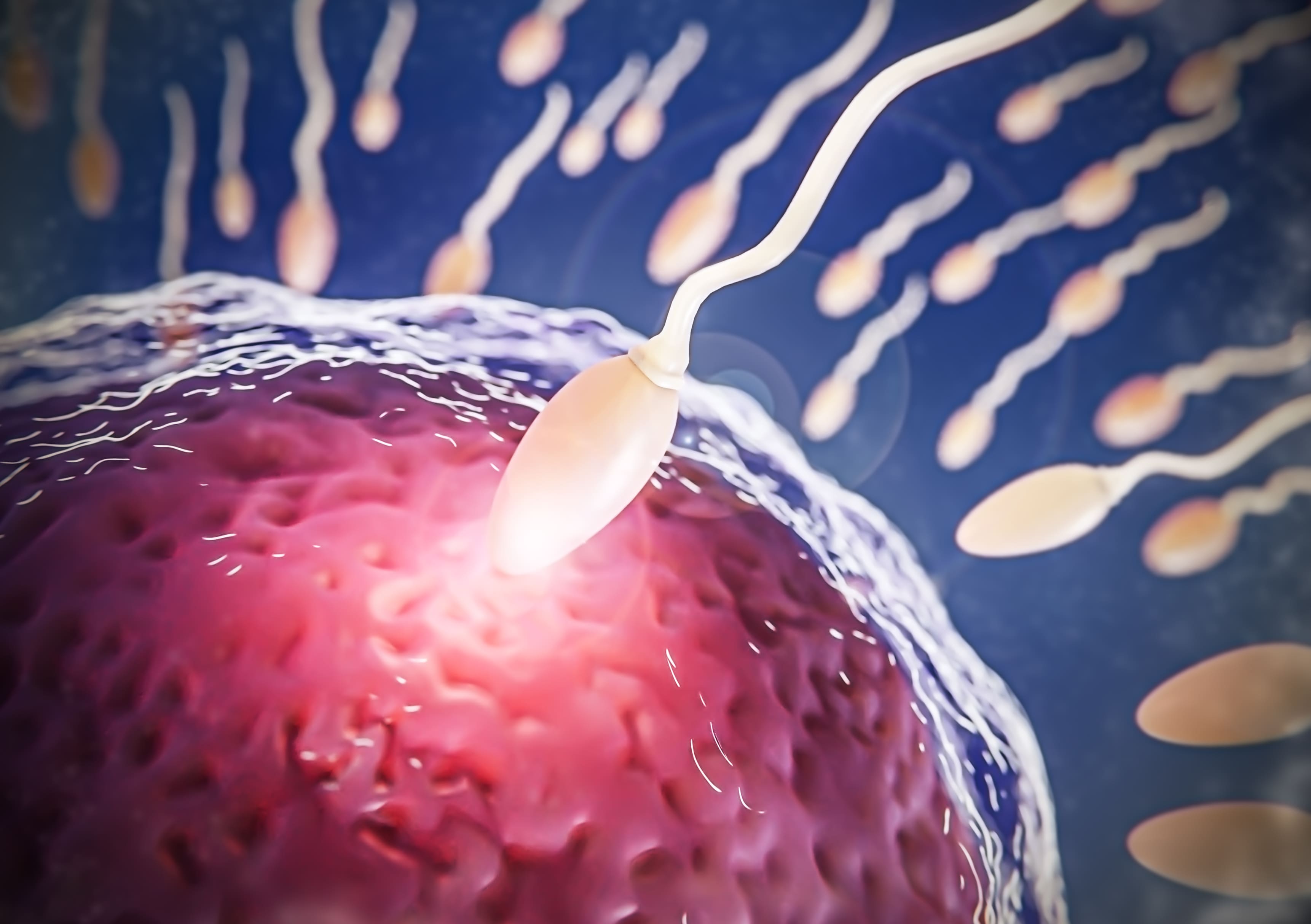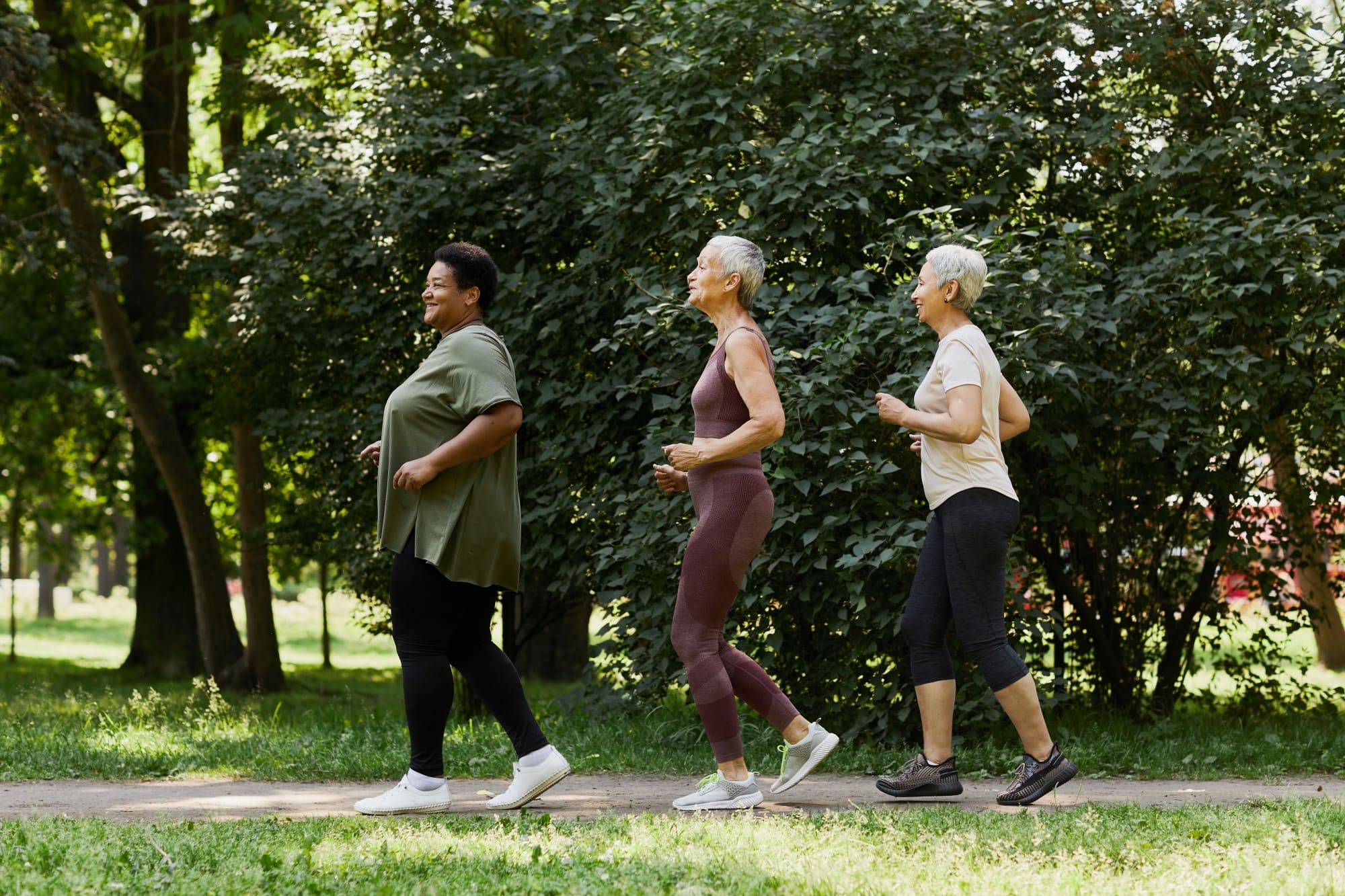Reactions to the creation of new medical specialties, including Emergency Medicine and Clinical Genetics
The former Minister of Health, Carolina Darias, announced a few days ago at a press conference the creation of new medical specialities. The first to "begin the process" will be emergency medicine, which had caused "controversy in different autonomous communities and scientific societies" and for whose implementation a consensus has been reached. It will be followed by other specialities such as Clinical Genetics and Infectious Diseases, as announced in the Senate in February.









